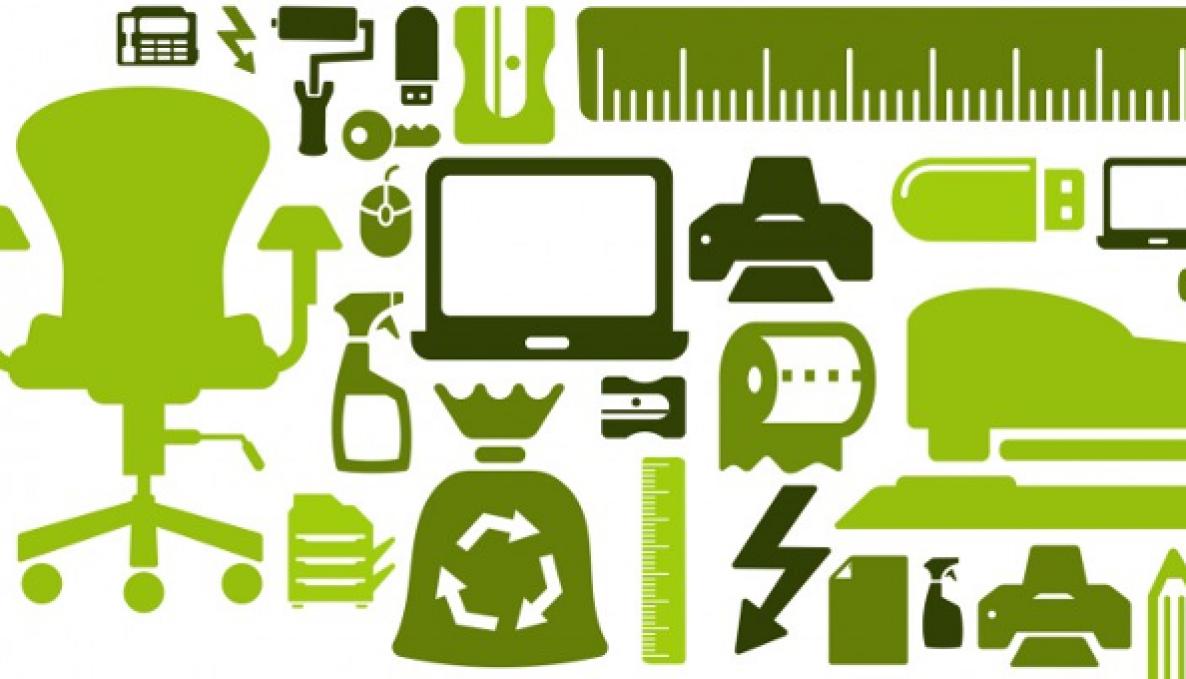CIRCULAR ECONOMY LEGISLATION, ITALY IS A LEADER IN EUROPE IN DEVELOPING GREEN PUBLIC PROCUREMENT PRACTICES: A STUDY BY SANT’ANNA SCHOOL INSTITUTE OF MANAGEMENT PRESENTED AT ACCREDIA MEETING

Italy is playing a leading role in the European Union in implementing “Green Public Procurement” practices, the EU regulations and fiscal measures that have resulted as a good example of the EU-wide legal framework for a circular economy strategy.
Researchers of the Institute of Management presented their study titled “L’economia circolare nelle politiche pubbliche. Il ruolo della certificazione” (Circular Economy and Public Policy. The Role of Certification Schemes), at the meeting of ACCREDIA (Italian National Body for Accreditation) as part of Europe Day annual celebration.
Italy made notable contributions to the circular economy, public procurement and the purchasing of “green” services in the public sectors by introducing environmental mandatory requirements in tender procedures (based on the recommendations of the Ministero dell’Ambiente e della Tutela del Territorio e del Mare). Mandatory requirements for all Italian public institutions to include minimum environmental criteria (MEC – CAM in Italian) in their public procurement actions (through article 18 of the law entered into force on 2 February 2016), are provided as part of the Italian GPP National Action Plan, established in 2008. Only a few EU countries developed different tender procedures and compulsory criteria on a national level. Several Member States have developed best practices that support public procurement but the EU Green Public Procurement (GPP) tool should be enhanced and harmonized; outside Europe, China, Japan and the United States have adopted an efficient circular economy program.
More recently, in Italy, civil society and consumers have become a critical stakeholder in environmental decision-making processes and environmental communication plans raise awareness about new consumption models, such as recycling instead of replacing. In 2016, 45.1% of urban waste is recycled showing an increase of 4% over the previous year (Ref. Eurostat, 2016). Italy claims a top spot in Europe (third in the world after China and Japan) in the reduction of waste and recycling. According to the EU “Green Public Procurement” practices, the circular economy is a strategic driver promoting new more efficient and sustainable business models based on “3Rs, reduce- reuse-recycle” waste hierarchy. Increasing the demand for green-quality products will support the market to develop its own green items. The EU “green contracts” also in terms of procurement value are increasing, for a year value of 1,800 billion Euros, 14% of the European Union GDP; in 2016, the Italian Public Procurement value of was 111,5 billion Euros.
Italian sustainable “Green Public Procurement” is a strategic driver also supporting the public purchaser in implementing the economic and environmental benefits of the new Codice degli Appalti – Italian Code for Public Contracts (D.lgs.50/2016) provisions. Through the new Public Procurement Act, and GPP as no longer a voluntary instrument, technical reports, assessment and certification system are used, and the tenderer's accredited assessors shall provide verification according to the agreement. The Directives for Public Procurement, supplies or services are intended for a public purpose, together with the use of recycled materials in production processes for health and consumer protection.
Italy has complied with UNI EN ISO 14001 for the enhancement of existing standards and development of standards for testing procedures to determine the lifetime of products, the recycled content and the design for recycling. More than 22,000 Italian companies can provide analysis results by organizations accredited to ISO showing an increase of 9% (ref. data of 2015 – the law no.221 known as “Collegato ambientale” entered into force).
“Circular Economy, as part of the broader national strategy for long-term sustainable development, stresses the obligation of EU policy makers to take responsibility for the full lifecycle of products promoting the recovery and recycling of resources and adopting recent reuse legislation” said Giuseppe Rossi, President of Accredia. “By moving to a circular economy, Italy has the opportunity to be a leader in a global movement toward a more sustainable model with economic, social and environmental benefits. EU Public Procurement Directives offer governments an opportunity to tighten legislation for sustainable purchasing and certification schemes for products by accreditation bodies. The EU strategy, using third party certifications, represents a unique cooperation between organizations with a long background in conformity assessment procedures for public purchasers. Accredia, ensures that consumers, suppliers, and purchasers can have confidence in the environmental safety of goods and services that meet sustainability criteria. Public demand for third party certification provides greater incentive for brands and manufacturers to certify their products. Accredia has developed a close cooperation with ANAC, Conferenza delle Regioni and CONSIP to facilitate the translation of sustainability into daily public procurement practices. Education and training of procurement staff is therefore essential for successful implementation and certification systems data dissemination. Furthermore, Accredia is committed to cooperation between different institutions also to provide added value; in Italy, the GPP market value currently stands at 2 billion Euros”.



